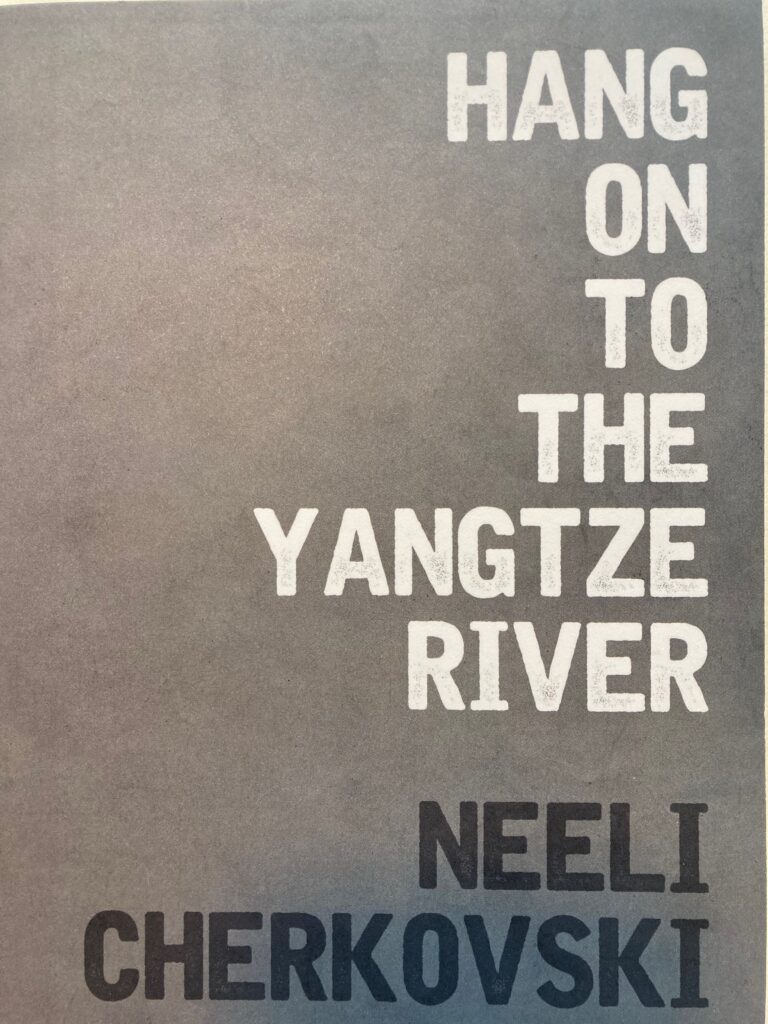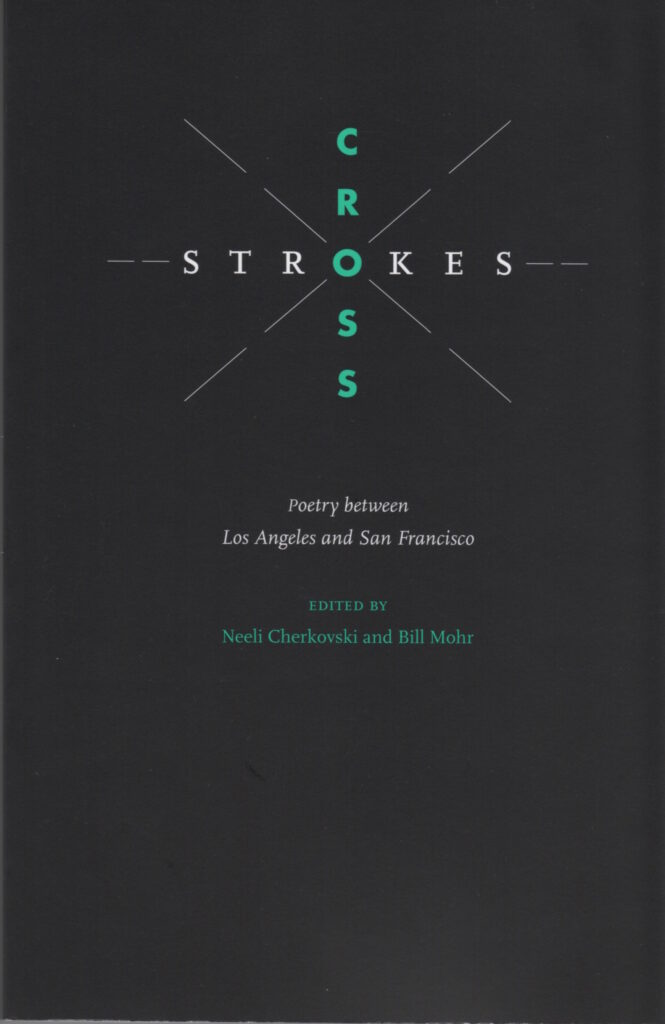Update: Saturday, March 30, 2024
A little over a week after Neeli Cherkovski died, the New York Times has run an obituary. It’s a pleasant, even if slightly disconcerting surprise to see The NY Times acknowledge the passing of a West Coast poet. As I noted a while back, Lyn Hejinian died without the New York Times seeming to take note, and the lack of an obituary certainly calls into question their supposed policy of doing more for gender equality in the obit page. Neeli most certainly deserves this obituary, and one aspect of it caught an aspect of a multi-layered literary life that I could easily identify with. “Just once,” Neeli more or less said after an interview, “I would like to be interviewed without being asked about Bukowski.” In my case, instead of Bukowski, it would be Momentum Press.
I can vouch, by the way, for one detail in the NYT obit: Neeli was sending out poems almost daily about a year ago. Like his early mentor, Bukowski, the work kept flowing out of him indefatigably, the muse’s cradle endlessly rocking.
Wednesday, March 20, 2024
https://www.bigbridge.org/BB14/2010_Reviews/REV_2010_Cherkovski_review.htm

Late last night, S.A. Griffin wrote to inform me that Neeli Cherkovski had died, mid-afternoon. I had heard from Paul Vangelisti during the weekend that he had suffered a heart attack, but Paul said he had been unable to find out about Neeli’s current condition. I’m not completely caught off-guard by the news of his passing, but it still feels like an abrupt departure.
Both Neeli and Paul were co-editors, along with Charles Bukowski, of one of the first anthologies of Los Angeles area poets. The publication of ANTHOLOGY OF L.A. POETS by Paul’s Red Hill Press and Bukowski’s Laugh Literary Press) in 1972 was perhaps the most transgenerational editorial project, inn poetry at least, in all the decades since World War II. Bukowski, after all, was a quarter-century older than Vangelisti and Cherkovski, who were both born in 1945. According to Paul’s account of the editorial process, their review of manuscripts included a fair number of beers being consumed, after which they each rejected the other’s choices by ceremonially dumping all the submissions of poets into a trash can. “Now we’re getting somewhere,” Bukowski is reported to have said.
As far as I know, I was one of the few poets anywhere to write a review of the anthology, which I confess was a rather grouchy commentary. The review appeared in BACHY magazine, which I was then the poetry editor of, and the only poet I thought very highly of in that collection was John Thomas, whose first volume of poems had just been published by Vangelisti’s Red Hill Press. I’m fortunate that none of the editors of that anthology, nor its contributors, resented my argument that the book had left out too many poets who were becoming known as the core of the Wednesday night poetry workshop at Beyond Baroque.
Given Bukowski’s status as a legendary “outsider,” one might be understandably surprised to learn that Cherkovski was in correspondence with him at age 16. It’s astonishing enough that Cherkovski and Vangalisti were in their mid-20s when they worked on “Anthology” with Bukowski, but for a youth in high school to deserve Bukowski’s attention in a letter in the early 1960s is about as unexpected as a young poet in Charlesville, France getting the attention of Paul Verlaine. Fortunately, the outcome for both Cherkovski and Bukowski was far more amiable. Cherkovski’s biography of Bukowski, HANK: A LIFE, was reissued, in 2020, in a centennial edition by Godine Press to honor the 100th anniversary of Bukowski’s birth. Cherkovski also wrote a biography of Lawrence Ferlinghetti.
Neeli and I went on, in the middle of the past decade, to co-edit an anthology of poets who had lived both in Southern and Northern California. CROSS-STROKES: An Anthology of Poetry between Los Angeles and San Francisco required an enormous amount of effort, in part because the electronic transmission of manuscripts is actually a less reliable means of production than the old=fashioned process of typewriter-typesetter-galleys. The computer screen is not necessarily the ally of cultural workers, unless one has the luxury of a production manager. In any case, thanks to Paul’s Seismicity Editions, Neeli and I were able to champion an ensemble of poets that challenges preconceived notions and prejudices about West Coast poetry.
(cut and paste into browser)

I was surprised to find on mainstream websites such as Wikipedia and Poetry Foundation no mention of Neeli’s most recent major volume of work, HANG ON TO THE YANGTZE RIVER (Lithic Press, 2020). For those who want a critical appreciation of Neeli’s poetry, I recommend the following article by Paul Vangelisti, which was published in the Los Angeles Review of Books on October 16, 2020.
https://lareviewofbooks.org/short-takes/rilke-la-neeli-cherkovskis-hang-yangtze-river/
Rilke in LA: On Neeli Cherkovski’s “Hang on to the Yangtze River”
******
Neeli Cherkovski was predeceased by his father, Samuel Cherry (1913-2009) and his mother, Clare. as well as an uncle, Herman Cherry (1909-1992), who was a well-known abstract expressionist painter. Among other projects, his parents operated a bookstore in San Bernardino when Neeli was growing up. Neeli is survived by nephews and nieces, as well as his long-time partner, Jesse.
 About Bill Mohr
About Bill Mohr